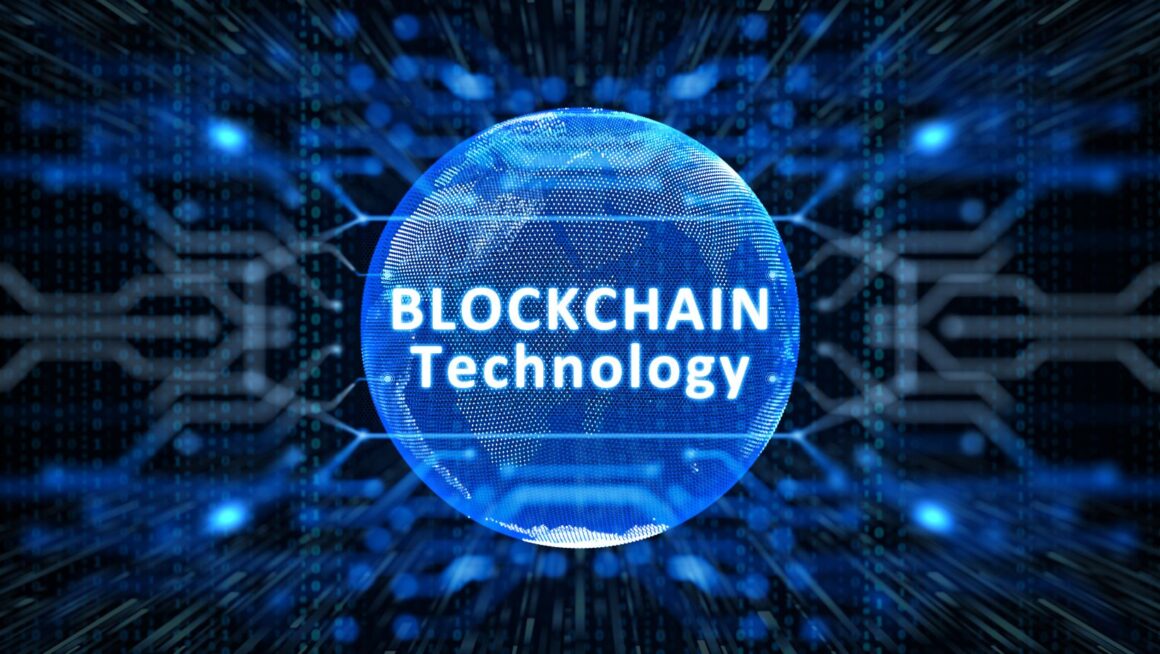The Bridge Between Blockchains and the Real World
In the realm of blockchain technology and smart contracts, there’s a crucial component that often goes unnoticed but plays an indispensable role: the oracle. Oracles act as the bridge between the blockchain, a self-contained digital ecosystem, and the external world, a vast expanse of data and events. They are the messengers that feed real-world information into smart contracts, enabling them to execute based on external triggers and conditions.
Let’s delve into what oracles are and why they’re essential for smart contracts, as well as explore their use cases in various industries.
What Are Oracles?
At their core, oracles are data feeds that provide external information to blockchains. These feeds can include anything from weather data and stock prices to sports scores and election results. Smart contracts, self-executing contracts with the terms of the agreement directly written into lines of code, rely on this external data to function.
Think of a smart contract as a vending machine. You insert money, select your item, and the machine dispenses your snack. Now imagine a vending machine that only dispenses snacks when it’s raining outside. That’s where an oracle comes in. It acts as the sensor that tells the vending machine whether or not it’s raining, allowing the smart contract to execute based on that external condition.
Why Are Oracles Essential for Smart Contracts?
The inherent nature of blockchains is that they’re deterministic and self-contained. This means they can only operate on data that exists within the blockchain itself.

Oracles provide a crucial link to the outside world, allowing smart contracts to interact with and react to external events.
Without oracles, smart contracts would be limited in their capabilities and unable to tap into the wealth of information that exists beyond the blockchain. They would be like islands, isolated from the mainland of real-world data.
Use Cases of Oracles
Oracles have a wide array of use cases across various industries. Let’s explore some of them.
- Decentralized Finance (DeFi): In the world of DeFi, oracles provide real-time price feeds for cryptocurrencies, enabling decentralized exchanges and lending platforms to operate efficiently and securely.
- Supply Chain Management: Oracles can track the movement of goods throughout the supply chain, providing real-time updates and ensuring transparency and accountability.
- Insurance: Smart contracts powered by oracles can automate insurance claims processing, triggering payouts based on external events like weather data or flight delays.
- Gaming & Gambling: The rise of blockchain-based gaming and gambling has opened a world of possibilities for transparent and provably fair platforms. Oracles play a pivotal role here, providing random number generation for games of chance and verifying outcomes in a trustless manner. Imagine a scenario in crypto gambling where the outcome of a bet is determined by a real-world event, like a sports match or a lottery draw. Oracles ensure that the results are fetched accurately and tamper-proof, fostering trust and fairness in the online casino environment.

- Prediction Markets: Oracles can be used to settle bets in prediction markets, providing objective and verifiable data on the outcome of events.
The Future of Oracles
As blockchain technology continues to evolve and mature, the importance of oracles is only set to grow. They are the key to unlocking the full potential of smart contracts, enabling them to interact with the real world in meaningful and impactful ways.
From DeFi to supply chain management, insurance to gaming, oracles are revolutionizing industries across the board. They are the bridge between the digital and physical worlds, the messengers that bring real-world data into the blockchain realm, and the catalysts that empower smart contracts to execute based on external events and conditions.
The future of oracles is bright, and as they continue to develop and innovate, we can expect to see even more exciting and groundbreaking use cases emerge in the years to come.

